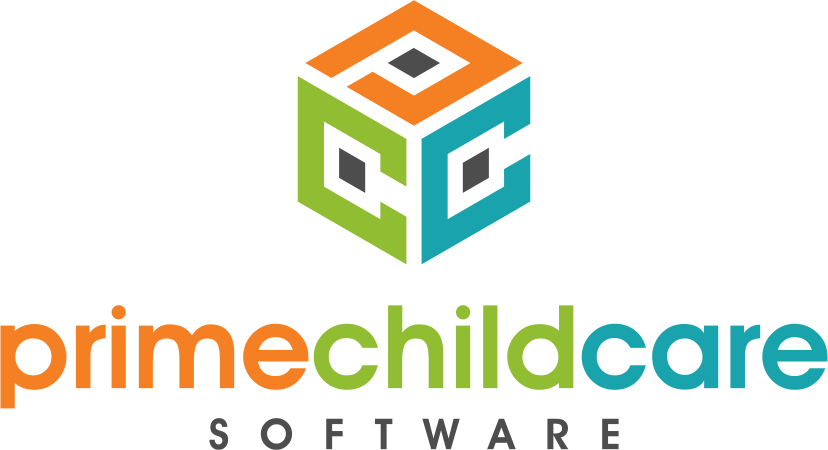In an era of digital distractions, it is becoming more challenging for children to find time for what they consider an outdated practice-”reading”. According to a study done by Literacy Trust, children today read less often than any prior generation and enjoy reading less compared to past generations. Yet reading is a fundamental skill that children need to learn to be successful. Good reading skills benefit the child academically and are an essential skill for lifelong success.
The following tips will help you turn your toddler into an avid reader all through the different life stages:
Take advantage of reading technology.
 Modern technology is changing the way we do things, including how your kid interacts with reading materials. Cutting edge technology, like tablet e-readers, can positively impact your kid and how they view reading. Importantly, their self-esteem and confidence tend to rise as they interact more and more with these modern reading platforms. Besides, E-readers allow for resizing the font size and can be adapted to meet each child’s specific reading needs and make reading such a fun-filled activity. They are also adaptive for children with learning disabilities and help level the playing ground for kids who learn differently.
Modern technology is changing the way we do things, including how your kid interacts with reading materials. Cutting edge technology, like tablet e-readers, can positively impact your kid and how they view reading. Importantly, their self-esteem and confidence tend to rise as they interact more and more with these modern reading platforms. Besides, E-readers allow for resizing the font size and can be adapted to meet each child’s specific reading needs and make reading such a fun-filled activity. They are also adaptive for children with learning disabilities and help level the playing ground for kids who learn differently.
Show a lot of interest in their reading.
Positive feedback and response will go a long way in turning your kid into an excellent reader. You must show a lot of interest in your child’s reading skills.
Make sure to give them genuine praises for every effort they make. Well-thought-out praises are positive reinforcements that make the kid do better in his reading journey. However, avoid some of the popular generic praise phrases that may have counterproductive. Research on ideal motivating phrases to use when praising your child’s efforts and achievements
Create a special reading place
 The reading environment can impact your kid’s attitude towards reading. Create an ideal reading fort that boasts of interesting additions such as glowing lights, comfy pillows, and special decorations. There is a strong correlation between confidence and comfort, and when a kid is feeling comfortable, they will focus more and enjoy their reading tasks. Besides, when you create a special place for reading, you are helping the kid associate the activity of reading with being cozy and safe. The child will grow up with the knowledge that books need a private world and own time and pace.
The reading environment can impact your kid’s attitude towards reading. Create an ideal reading fort that boasts of interesting additions such as glowing lights, comfy pillows, and special decorations. There is a strong correlation between confidence and comfort, and when a kid is feeling comfortable, they will focus more and enjoy their reading tasks. Besides, when you create a special place for reading, you are helping the kid associate the activity of reading with being cozy and safe. The child will grow up with the knowledge that books need a private world and own time and pace.
Be a good role model.
You need to set a good example by reading together with your child. Rather than just telling your kid how reading will benefit them, walk the talk by engrossing yourself in a book each time they are around you. You should also develop a family reading ritual that guarantees you read from the day your child is born until they leave the house. The more the child is exposed to literature, the more reading will become part of their daily life. Find time to read before bed, snuggled in a chair, or sitting together on the couch with each of you reading your own book or from a shared copy. While you are reading, ask your child questions about the book they are reading to help them make connections and share their experiences.
Invest in books
Create a home with many books on a variety of exciting topics appropriate for the child’s age. You can also help the kids choose books on topics that interest them the most and spark a strong passion for reading. Let them accompany you to the library and book stores and show them various books on a range of topics. Importantly, show them how e-readers work to provide entire libraries of options with just a touch of the screen.
Practice shared reading
 Sit down with your child and take turns reading. You can alternate pages, sentences, and chapters. Notably, you will ease a lot of pressure and create a deep interest just by being a child’s side reader. Besides, with this strategy, you will be in an excellent position to help the child when they encounter challenges, for example, if they don’t understand a word or context. That said, ensure you make the books come to life when you are reading with the child. Include some fun, hands-on activities that bring a practical aspect to the book. For example, if you read about how to bake bread, go ahead, and bake some. If a book talks about a real place, look it up on the map and, where practical, schedule a visit to that place.
Sit down with your child and take turns reading. You can alternate pages, sentences, and chapters. Notably, you will ease a lot of pressure and create a deep interest just by being a child’s side reader. Besides, with this strategy, you will be in an excellent position to help the child when they encounter challenges, for example, if they don’t understand a word or context. That said, ensure you make the books come to life when you are reading with the child. Include some fun, hands-on activities that bring a practical aspect to the book. For example, if you read about how to bake bread, go ahead, and bake some. If a book talks about a real place, look it up on the map and, where practical, schedule a visit to that place.
What pre-reading skills do toddlers need to develop?
Before you can teach your child to read, there are critical pre-reading skills for lifelong learning and reading success. The following skills will help establish a healthy reading culture for your kid:
Motivation to read
Children have to be ready and have the right motivation to read books. A child who has the motivation to read shows interest in books and reading and will ask you to read aloud for them. You may also notice them pretend to read. As a parent, you can develop the skill by:
- Allowing the kid to pick a book they love to read
- Read to the child daily
- Read with a lot of enthusiasm
Language skills
Children need to acquire essential language skills to describe things and share knowledge, experiences, and ideas. Children with adequate language skills will answer simple questions about a story. They will also retell a story using their own words. Develop the languages skills by:
- Asking the child open-ended questions about the story they read
- Have the child retell the story using a flannel or puppets
- Encouraging the child to make up their own story
Concepts of print skills
Children need to understand how books work and the general concept of print to quickly learn how to read. A child with this skill will hold the book correctly, turn pages in the right direction, read from top to bottom. You can develop this skill by:
- Using your finger to track words
- Pointing specific parts of the book
- Allowing the child to hold the book and point at word during reading sessions
Letter knowledge skills
This skill helps the child understand the letters of alphabets in terms of sounds and forms. A child with this skill can name the letters of the alphabet, name each sound, and recognize lowercase and capital letters. You can help the child develop the skill by:
- Reading alphabet books
- Use his or her name to teach letters.
The Importance of Reading Aloud To Toddlers
Reading aloud to a child has been proven to improve their cognitive skills and help cognitive development. Reading aloud also provides your toddlers with background knowledge of their world. This helps them make sense of what they see, hear, and read.
12 Books to Read to Toddlers
- First 100 Board Box Set
- Brown Hare, What Do You See
- The Feelings Book
- The Pout Fish
- Press Here
- M Is For Me
- The Snow Day
- Mix It Up
- Green Eggs and Ham
- Pantone: Colors
- No No Yes Yes
About Prime Digital Platform
Prime Child Care boasts of the Prime digital platform that facilitates infant and toddler care and ensures you stay connected about anything happening with your child – on any device, anytime and anywhere. It is an ideal tool for child care and early childhood education organizations of all sizes. Besides, child care professionals managing dozens of kids or hundreds of kids will enjoy this intuitive and cost-effective solution.
Key Takeaway
Reading helps the child develop vocabulary, increases their attention span, and promotes strong analytical skills. A recent study reveals that students who spend most of their childhood reading for pleasure did better with their vocabulary, spelling, and math.
If you need help with your daycare management, contact Prime Child Care. We feature easy cloud-based tools to make your Prime working hours more enjoyable and productive.






